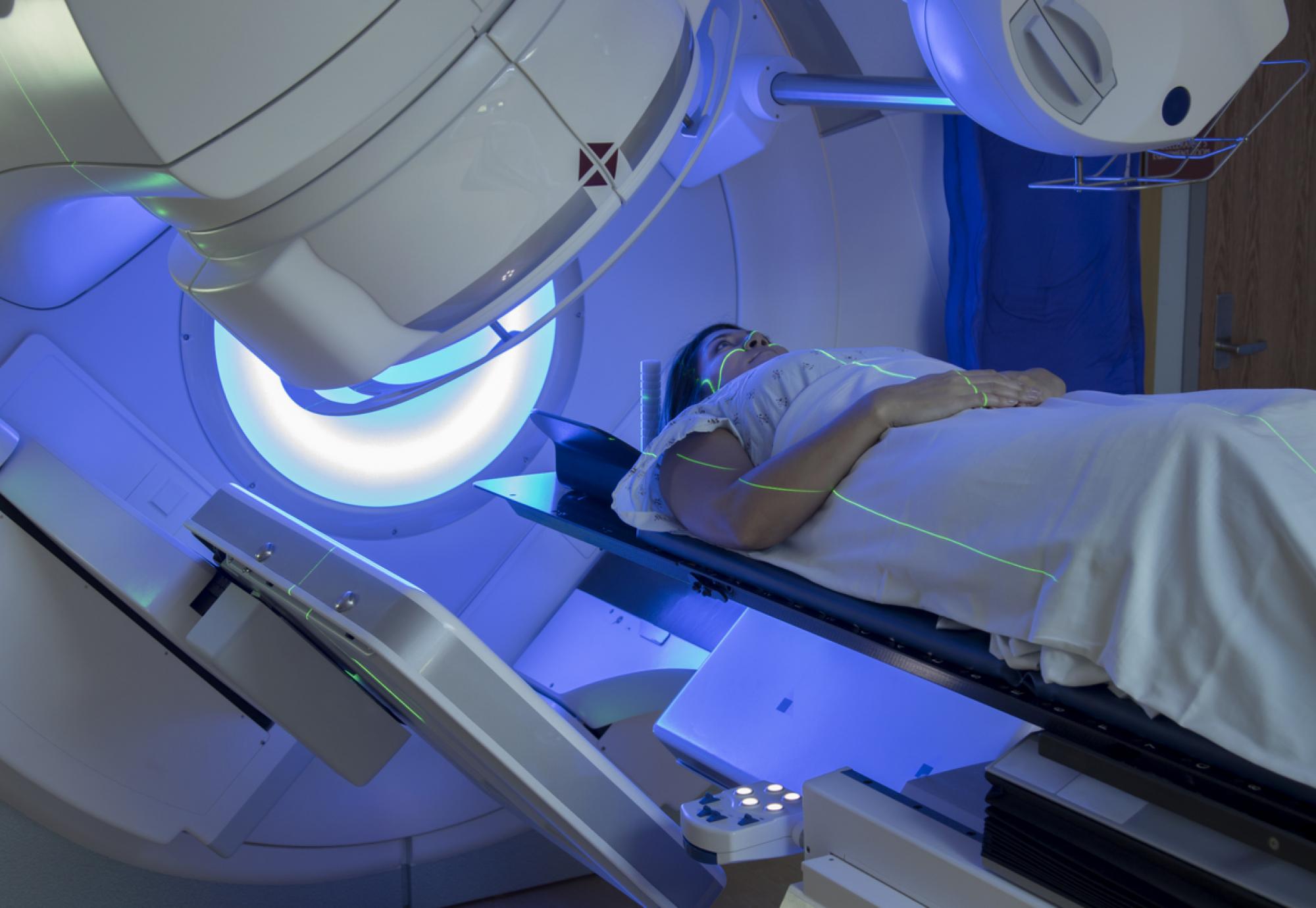Delivering just one week of radiotherapy treatment for some breast cancers has significantly reduced pressures on the NHS while not affecting patient safety, the National Institute for Health and Care Excellence (NICE) has said.
Delivering shorter intensities and durations of radiotherapy was first introduced during the pandemic to prevent vulnerable cancer patients from catching Covid-19 with patients diagnosed with early and locally advanced breast cancer typically having 15 phases of radiotherapy treatment over a three-week period before this.
Now, NICE has updated its guidelines so patients are now offered five treatments over one week, which adds up to a total of 26 units of radiation opposed to the previous practice’s 40.
This comes after new clinical trial data indicated that there was no discernible difference in breast cancer-related mortality or disease recurrence between the two methods.
With every year seeing around 26,700 patients receiving radiotherapy for early and locally advanced breast cancer in England, NICE estimate that, for every 1,000 people who undergo the new treatment plan, 10,000 appointments will be saved.
NICE’s chief medical officer, Professor Jonathan Benger CBE, said the NHS is “already reaping rewards” from the lower intensity and shorter duration radiotherapy treatments.
Prof Benger also highlighted the practical benefits to patients, specifically citing the advantages of reduced time and travel costs that result from the updated treatment course.
Patients can still be offered a higher dose and intensity of radiotherapy if their condition mandates it – for example, if patients have a diagnosis that increases their sensitivity to radiotherapy or if they’ve had implant-based reconstruction.
Image credit: iStock



















